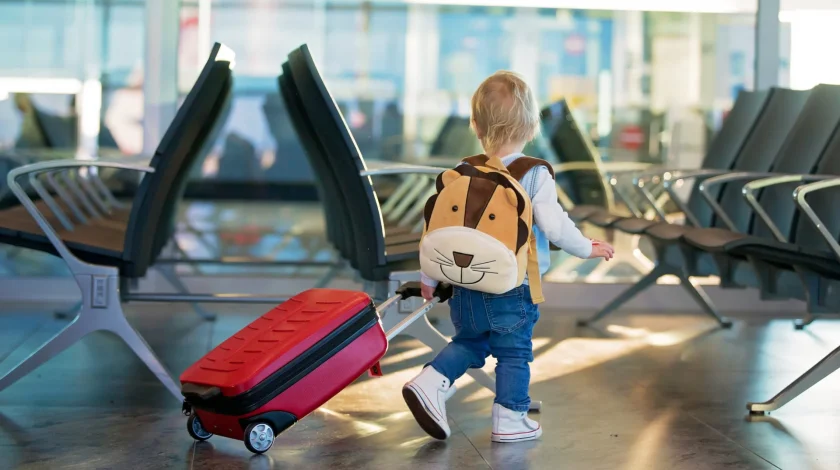With a number of nearby international destinations requiring a shorter trip than the flight from Sydney to Perth, it is relatively common for Australian families to take on overseas holidays, whether for a simple short break, or for an extended period over the end of year holidays.
If you are a divorcee and your children don’t have a current passport, then you may need to negotiate with the non-travelling parent in order to have them sign the relevant passport application.
In the event that the non-travelling parent is not prepared to provide their consent and refuses to sign the application, either due to them having genuine concerns for the child’s safety, or (as is sometimes the case) for no good reason at all, then you are likely to require advice surrounding how to make an application to the Family Court.
The Family Court has the power to make an order requiring the non-travelling parent to sign the passport application, or alternatively, an order determining that their signature is not actually required. In making this determination, the Family Court’s paramount consideration will always be whatever is in the best interest of your child.
Additionally, the Family Court may take the following into consideration:
- Whether there is any risk to the children’s welfare when they are in the travelling parent’s care;
- Whether your child will be affected by not being able to spend time with the non-travelling parent, and in turn, whether the length of your stay outside the jurisdiction will be an issue;
- The overall genuineness of your application;
- Whether there are any threats to the children’s welfare in the proposed overseas environment; and
- How satisfied the court is that your promise to return to Australia will be honoured.
The Family Court will explore whether there is sufficient evidence to demonstrate that your travel plans are genuine, that you have adequate ties to Australia, and that you intend to return to Australia with the children following your trip.
As security, the Family Court may require you to enter a bond which can take a number of forms.
By way of example, you may be asked to provide a monetary bond to be held in trust, or security over an asset such as a property. In the event that you fail to return, the security may be released to the non-travelling parent so that they can use the funds towards recovering the children and returning them to Australia.
To avoid the issue of overseas travel turning into a dispute, both parties should consider including provisions in orders (either by consent or otherwise) that outline the conditions in which the parties can travel with the child.
If you are having difficulties obtaining the consent of your partner to travel internationally with your children and would like to speak with a lawyer in Coleman Greig’s Family Law team with regard to the options available to you, or you require advice relating to international travel more generally, please don’t hesitate to get in touch.













